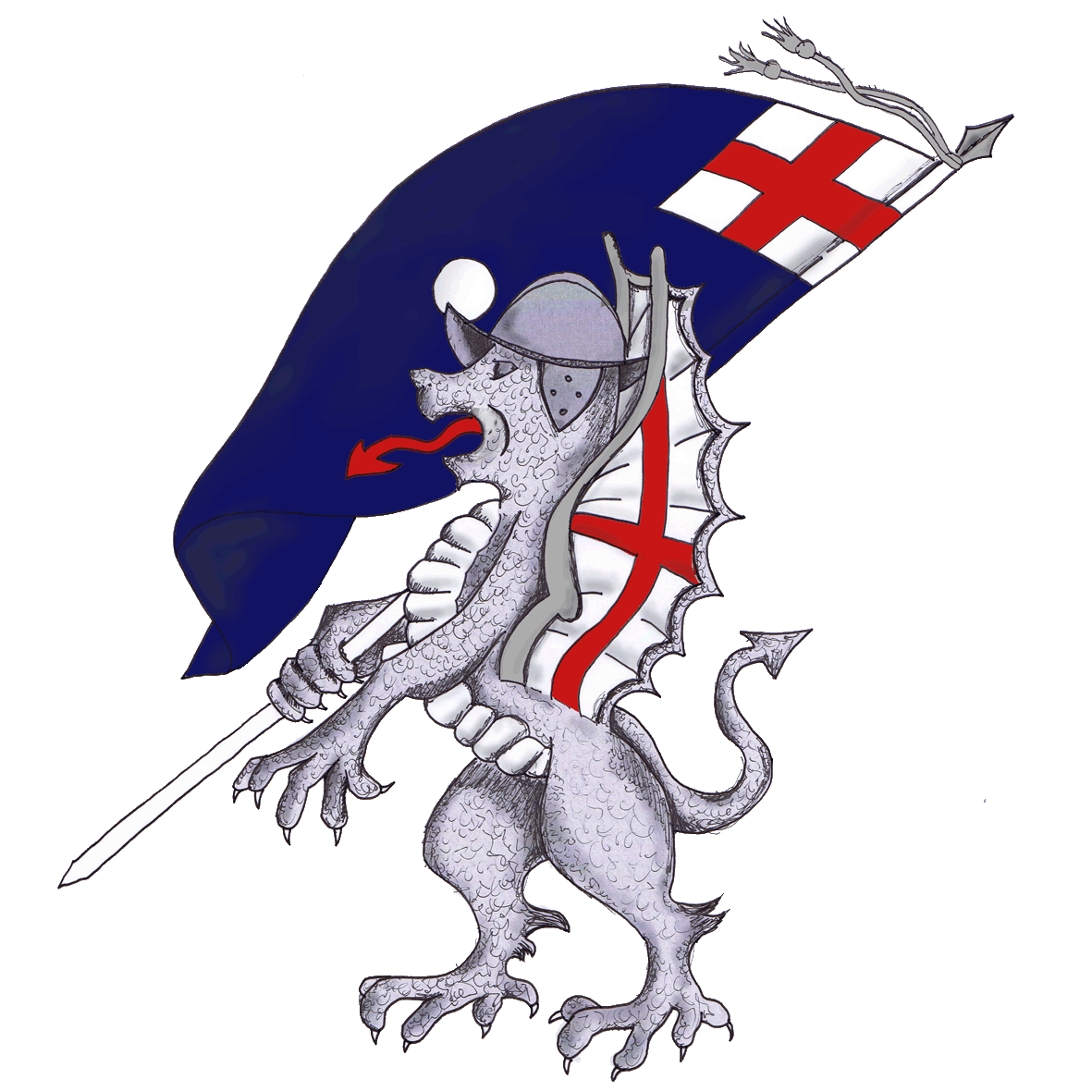Recruiting the Armies
At the beginning of the Civil Wars the only formed military units in the country were the Trayned Bands. These were infantry units made up of volunteers from the more well-to-do levels of society.
Both sides appealed for the support of the Trayned Bands during the early weeks of the war. Parliament were lucky enough to gain the support of the London Trayned Bands at this early juncture, however the King was not so fortunate in his appeal to the Nottinghamshire Trayned Bands and on the basis of this disappointment disarmed them, along with other county levies which cost him a lot of his already weak popularity. Only the Cornish Trayned Bands rallied to the King's cause and even they would not fight outside of their county boundaries.
Apart from the Trayned Bands infantry were raised by voluntary recruitment, either through a sense of commitment to a cause or the wages that were offered - and particularly after 1644, impressment, even the infantry of the New Model Army were predominantly raised using this method. However, cavalry recruitment was far harder as a cavalryman's equipment cost far more than a foot soldier's and took far more skill in its use. In the early part of the war the Parliamentarian horse were of very uneven quality but this was rectified by the emphasis both Cromwell and Fairfax placed on both discipline and fighting efficiency. The Royalist cavalry were led by Prince Rupert, a professional soldier. His impetuous leadership gave the King several brilliant successes during the early months of the war. The men he led were the followers and retainers of the noblemen and gentlemen who undertook to raise companies or entire regiments for the cause of Charles Stuart. An example of this is the Earl of Northampton who raised a troop of one hundred gentlemen who served at their own expense and then paid for a further forty out of his own pocket. This method of recruitment eventually exhausted its resources and had to give way to the public funded efficiency of the New Model Army.
For the purposes of accommodation Civil War armies relied very heavily on the hospitality of the local populace - more often than not given under severe duress. There were official rates to pay for lodging and food consumed by the soldiers but there is plenty of evidence that these arrangements were breached more often than not. It is generally admitted amongst historians that most seventeenth century people thought of themselves as living in and belonging to a particular place and secondly as English. This meant that the Civil Wars took the form of struggles for power within particular localities and even between counties or regional areas within counties.
London declared for Parliament very early in the war and in retrospect it can be seen that Charles failure to overturn this decision after the battle of Edgehill was of crucial importance. Other of the big cities were not so constant in their loyalties and switched to whichever side had the most power in their region at any one time, however, there were parts of the country that remained constant in their support for one side or the other. For the King the most loyal and dogged area of support was the West Country while for Parliament it was the counties of the Eastern association who were to provide the men that formed the backbone of the New Model Army when it was formed in 1645. As time went by the Royalists were forced to recruit mainly from Wales as they lost ground and the towns and cities invested by Parliament. Apart from considerations of loyalty this may have had something to do with the relative poverty of the area which would have made young men volunteer for the chance of pay or plunder.
Article contributed by Guz

